https://prosyn.org/fJxGCUK
New Comment
Email this piece to a friend
Contact us
Please select an option
Please wait, fetching the form
Please wait, fetching the form
Please wait, fetching the form
Please wait, fetching the form
Please wait, fetching the form
Please wait, fetching the form
Please wait, fetching the form
We hope you're enjoying our PS content
To have unlimited access to our content including in-depth commentaries, book reviews, exclusive interviews, PS OnPoint and PS The Big Picture, please subscribe
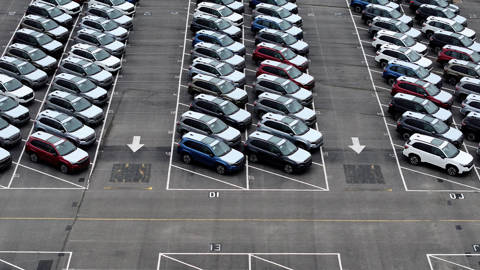
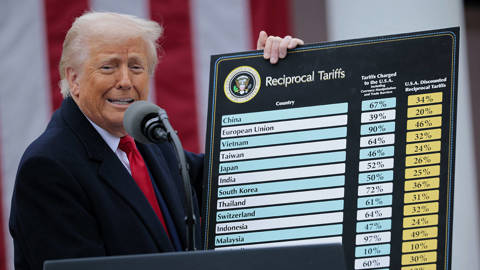
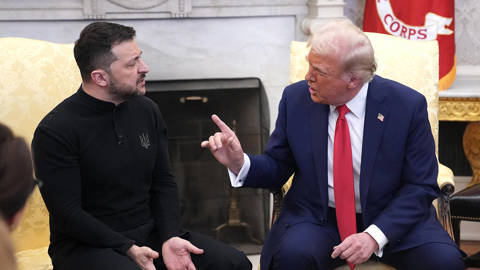
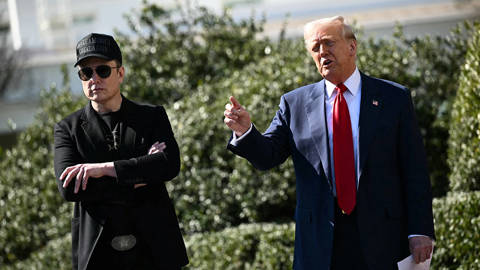

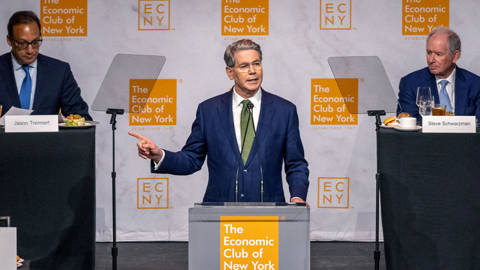
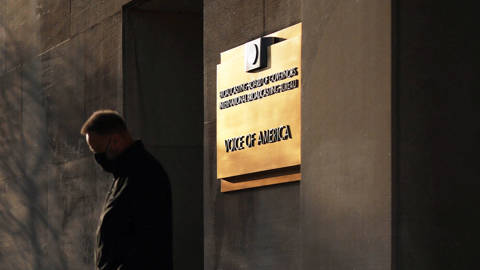

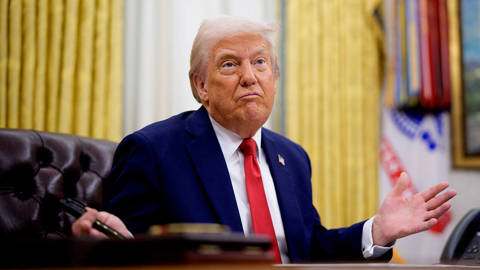
An interesting development from the US Presidential election has been the rise to prominence of electoral and public opinion analysis over ‘pundits’ in successfully predicting the outcome. New York Times blogger Nate Silver has been the focus of this debate. His (and many others) use of statistical modelling correctly predicted President Obama as the winner. This focus on rigorous methods of analysis can be contrasted to the techniques of journalists, ‘seasoned observers’ and various television talking heads who focus on each developing event as a ‘game changer’ in the outcome of a political race. Most recently this clash of interpretations was centered on the first Presidential debate. Many sections in the media argued at the time that Romney’s clear victory in that debate gave him the necessary “momentum” to win the Presidency. In contrast political science research unquestionably proves that Presidential debates mostly, though very occasionally, do not have a decisive impact on the outcome of Presidential elections. It is more correct to say that long-term and institutional factors are the most influential in determining who wins the White House. The superb Monkey Cage blog (run by political scientists) points out that a lack of appreciation for polls from the media leads to election coverage focusing on outlier polls rather than on the general trend. An obsession with polls distracts from the more relevant policy positions of the respective candidates. It is telling that Romney managed to proceed through the entire race without detailing his budget plans. Or that Obama was never pushed to answer how he intended to negotiate with Congress to resolve the ‘fiscal cliff’.
Introductory Offer: Save 30% on PS Digital
Access every new PS commentary, our entire On Point suite of subscriber-exclusive content – including Longer Reads, Insider Interviews, Big Picture/Big Question, and Say More – and the full PS archive.
Subscribe Now
Beyond this recent focus on polling versus punditry, there is the more serious matter of political coverage almost wholly ignoring the critical role structural and institutional factors play in constraining the range of policy options available to political actors. This appears to be a self-interested ‘look at us’ call from a political scientist but I strongly believe that it is an important point. Belief in political systems is declining rapidly in Western countries. An information environment that ascribes economic and social failures singularly to individual political actors despite their influence being negligible due to structural issues, promotes public cynicism over comprehension of the political system. A specific example of this is the highly complex negotiation process involving the creditor and debtor member states, the ECB and European Commission. In this exchange (at 7:22) between an Irish ‘pop’ economist and a Professor of politics at University College Dublin, the economist argues that Ireland’s political leaders have failed to secure the best deal for Ireland through their sycophantism to Germany. Therefore, they must use the nuclear option of threatening to not pay bonds due on bailed out Irish banks. The political scientist counters that small states cannot negotiate in zero-sum terms, empirical research clearly details that small states who bluff get called out and lose. Demanding that participation in the consociational system of EU level negotiations be replaced by a poker playing strategy is not only a flawed argument but places unrealistic expectations on Irish political leaders. A rigid focus on economics that ignores the political system of the EU fails to explain why the Euroscrisis has not yet been resolved. The point is repeatedly made that only a political settlement can end our current economic malaise but attempts to explain how that may come about from a political science perspective are thin on the ground.
Economists have informed citizens on the economy, now it is time for political scientists to follow their lead and provide citizens with research based information with which to make more informed political decisions. Citizens have shown their hunger for clearly articulated expert knowledge on the economy; the same is surely true for information on the political system.